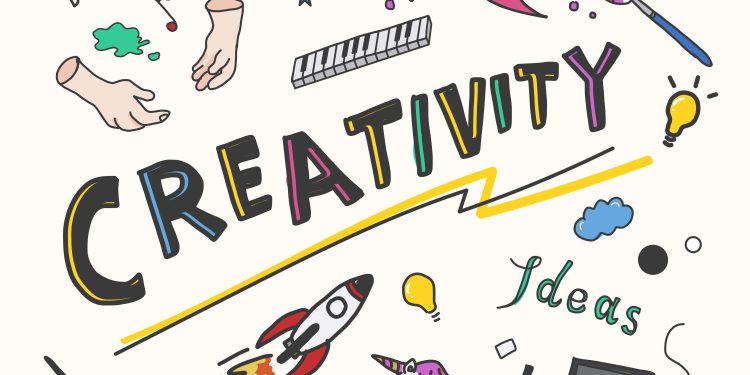If you’re thinking about global schooling for your kid, you’ve probably heard of the IB (International Baccalaureate) program and its special part called CAS (Creativity, Activity, and Service).
The CAS part of the IB program combines these three elements to provide a complete education. It’s a key feature of the IB program.
Understanding CAS in the Context of IB Education
To truly grasp the value of CAS, let’s dissect these three tenets:
- Creativity fuels the innovative spirit, encouraging your offspring to think outside the box.
- Activity promotes a healthy body and mind, allowing your child to learn the importance of physical wellness.
- Service highlights the value of altruism, empowering your youngster to become a responsible global citizen.
CAS: The Pillars of IB Philosophy
When you understand the principles behind the International Baccalaureate (IB) philosophy, you’ll notice how the CAS (Creativity, Activity, and Service) component forms its core.
The IB philosophy is focused on nurturing individuals who are academically strong and well-rounded in their skills and capabilities. It aims to prepare students to face global challenges confidently.
The CAS component is an integral part of this philosophy. It’s designed to help students broaden their horizons beyond academic pursuits.
Unravelling the Role of Creativity
Creativity makes learning exciting. It helps students find new ways to solve problems and develop unique ideas.
Here’s an example:
A particular IB school in Singapore boosts creativity by letting students create their experiments in the science lab. This method doesn’t just help them grasp science concepts better but also enhances their creative thinking skills.
The Significance of Activity in CAS
Activity is an essential part of the CAS (Creativity, Activity, and Service) component in the IB (International Baccalaureate) program:
Being regularly involved in physical activities helps improve overall health. It keeps your kid physically fit and boosts their mental and emotional well-being.
Example:
In an international school review, students might attend a weekly dance class or play a competitive sport. These activities help maintain their physical fitness. But that’s not all; they also learn important life skills such as discipline and teamwork.
These activities form a crucial part of the student’s routine. Regular exercise can reduce stress, improve mood, and increase energy levels. It also teaches students about the importance of maintaining a healthy lifestyle from a young age.
Moreover, participating in team sports or group activities like a dance class instills values like cooperation, respect for others, and understanding the importance of working towards a common goal. It builds character and helps students develop social skills that are key to forming healthy relationships.
The Impact of Service in the CAS Framework
Students learn to understand and care about others when they participate in volunteer work. They also get to see how they fit into their community and society at large.
Example:
Students at an IB school started a tutoring program for less fortunate kids in their local area. This didn’t just help the students improve their academic skills. It also taught them to care about their community.
Moreover, the service component of CAS offers students the opportunity to contribute positively to their communities. It allows them to step outside their comfort zones and understand different perspectives. This can be incredibly rewarding and empowering, fostering a sense of accomplishment and boosting self-esteem.
In the case of the tutoring program, the students were not only reinforcing their knowledge but also making education accessible to those who might not have had the same opportunities.
This experience likely enhanced their appreciation for their educational opportunities and instilled a sense of responsibility and commitment towards helping others.
Overcoming Roadblocks: Challenges and Solutions in CAS Implementation
It isn’t always smooth sailing when it comes to implementing CAS. Here are some usual problems and their answers:
Challenge: Limited resources.
Solution: Partner with local organisations or use digital platforms for CAS activities.
Challenge: Scheduling conflicts.
Solution: Integrate CAS activities into the school timetable to ensure regular participation.
The Evolution and Future Prospects of CAS in IB Education
CAS has evolved over time and will continue to shape the future of IB education:
- Evolution: Over the years, CAS has moved from being merely an ‘add-on’ to an integral part of the curriculum, with increased emphasis on student-led initiatives.
- Future Prospects: With the growing recognition of the importance of a well-rounded education, the role of CAS in IB education is only set to expand and deepen.
Wrapping Up
This article has explored the role of Creativity, Activity, and Service (CAS) in IB Education. The essence of CAS lies in its integration into the broader IB curriculum, acting as a catalyst for student growth and development.
By nurturing creativity, promoting physical activity, and cultivating a sense of service, CAS is indeed the heart of the IB educational experience.
We hope this post was helpful.











